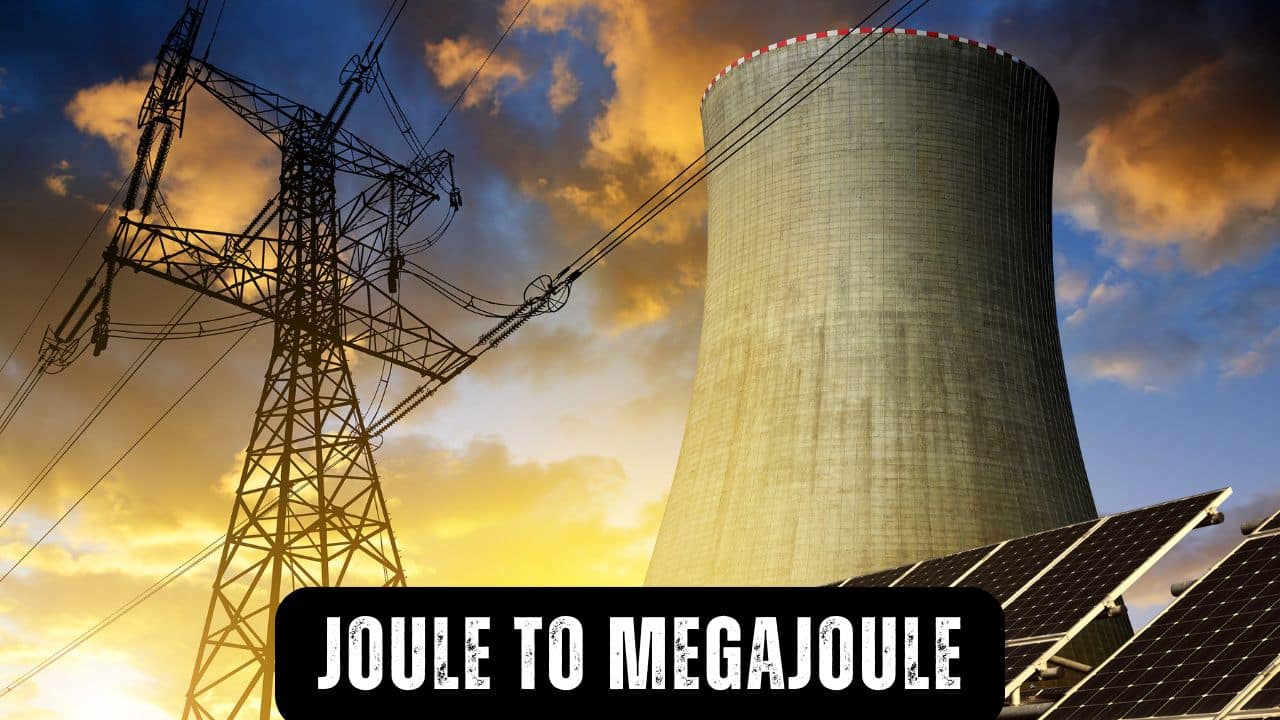Joule to Megajoule Calculator
Convert energy from Joules (J) to Megajoules (MJ)

How to Convert Joules to Megajoules
Explanation of Terms
J (Joule)
The unit of energy in the International System of Units (SI). One joule is defined as the energy transferred when one newton of force is applied over a distance of one meter. Joules are used in various scientific and engineering contexts, providing a universal measure of energy applicable to different forms of energy.
MJ (Megajoule)
A unit of energy equal to one million joules. Megajoules are commonly used in various fields, including physics, engineering, and energy production, to quantify large amounts of energy. Understanding megajoules is essential for evaluating energy consumption and production in industrial applications.
Joule to Megajoule Conversion Table
| Joule (J) | Megajoule (MJ) |
|---|---|
| 0.01 J | 0.00000001 MJ |
| 0.1 J | 0.0000001 MJ |
| 1 J | 0.000001 MJ |
| 2 J | 0.000002 MJ |
| 3 J | 0.000003 MJ |
| 4 J | 0.000004 MJ |
| 5 J | 0.000005 MJ |
| 6 J | 0.000006 MJ |
| 7 J | 0.000007 MJ |
| 8 J | 0.000008 MJ |
| 9 J | 0.000009 MJ |
| 10 J | 0.00001 MJ |
| 20 J | 0.00002 MJ |
| 30 J | 0.00003 MJ |
| 40 J | 0.00004 MJ |
| 50 J | 0.00005 MJ |
| 60 J | 0.00006 MJ |
| 70 J | 0.00007 MJ |
| 80 J | 0.00008 MJ |
| 90 J | 0.00009 MJ |
| 100 J | 0.0001 MJ |
| 1,000 J | 0.001 MJ |
| 2,000 J | 0.002 MJ |
| 3,000 J | 0.003 MJ |
| 4,000 J | 0.004 MJ |
| 5,000 J | 0.005 MJ |
| 6,000 J | 0.006 MJ |
| 7,000 J | 0.007 MJ |
| 8,000 J | 0.008 MJ |
| 9,000 J | 0.009 MJ |
| 10,000 J | 0.01 MJ |
